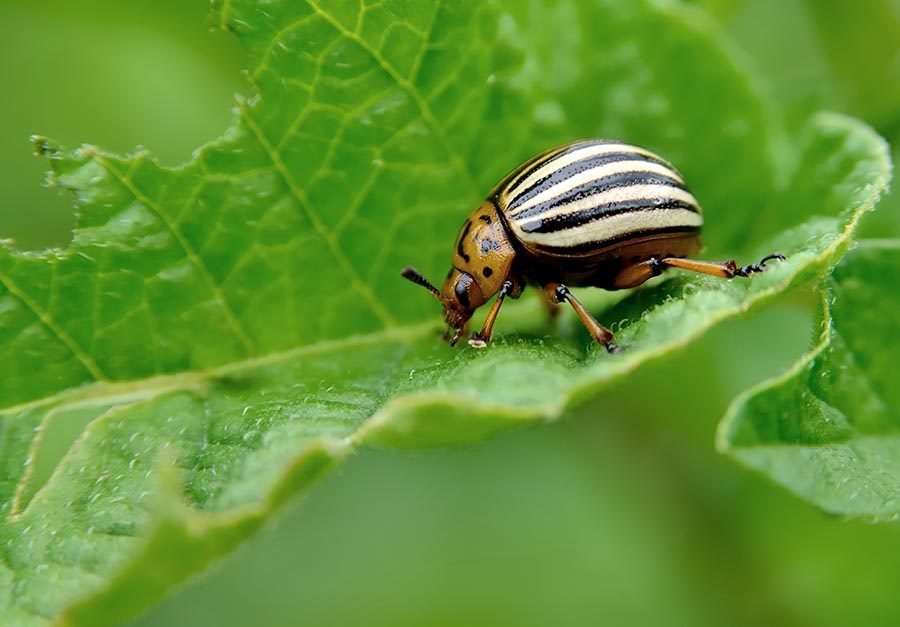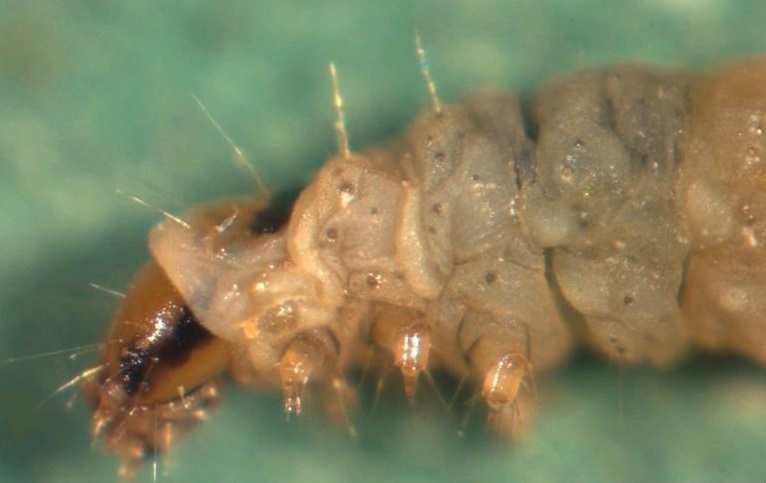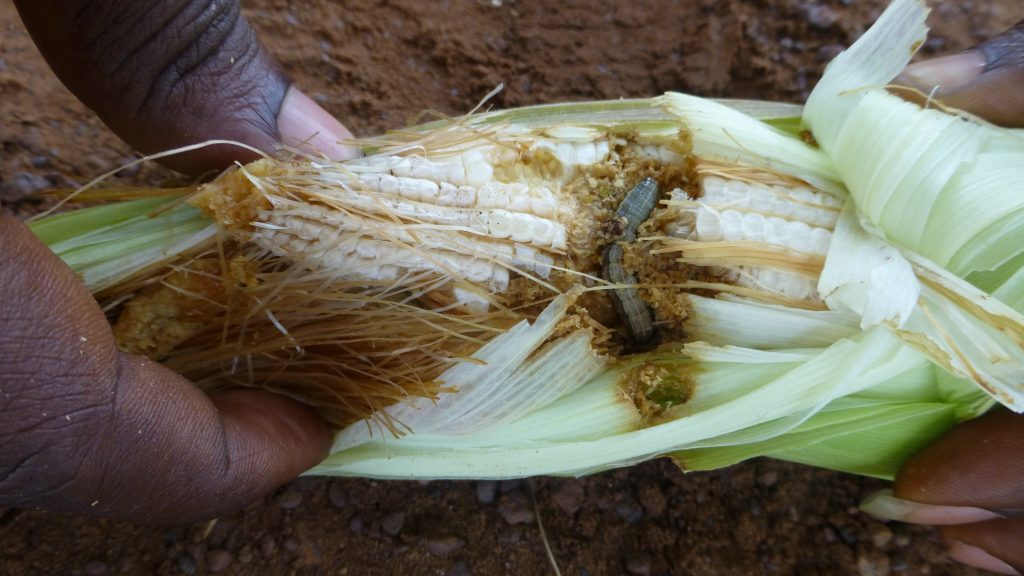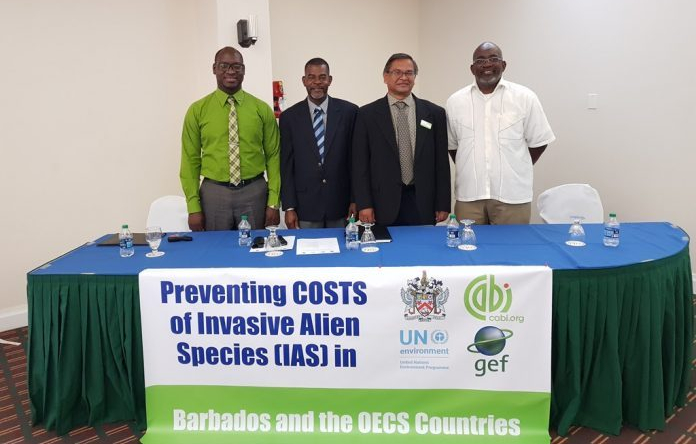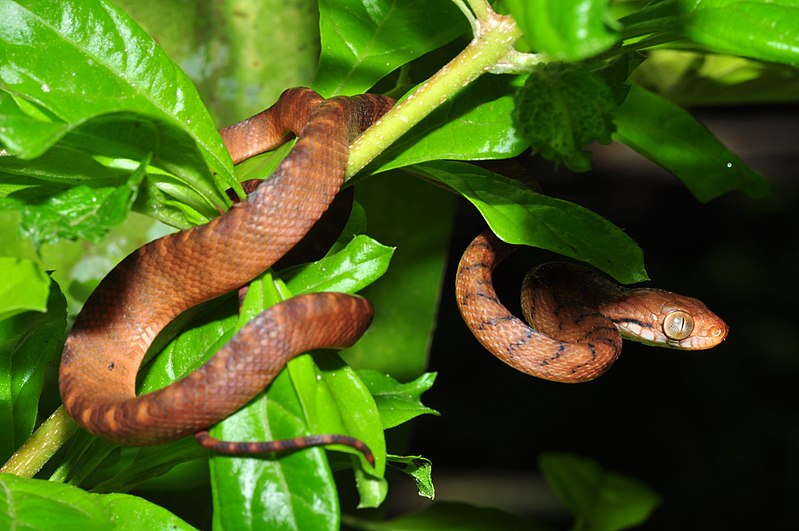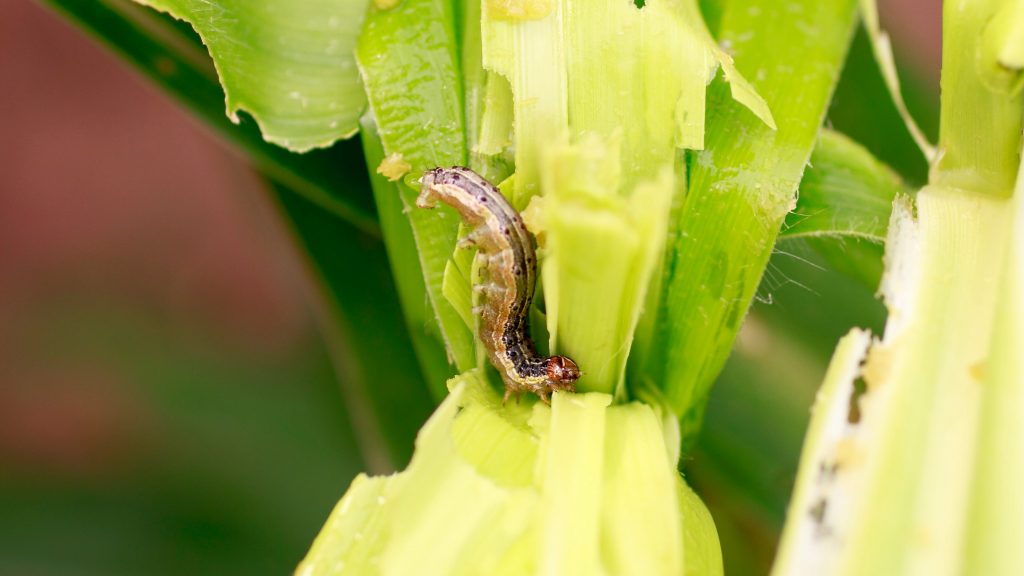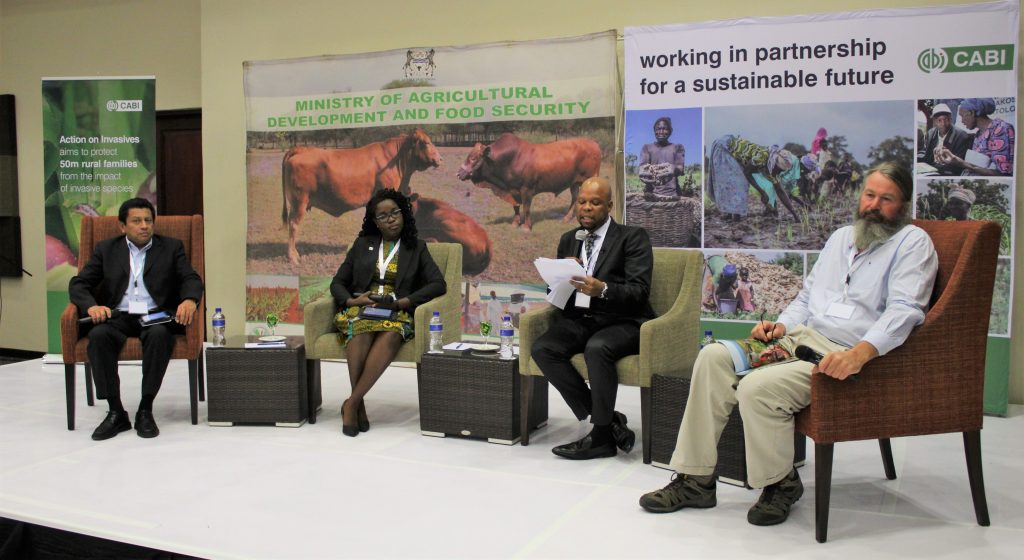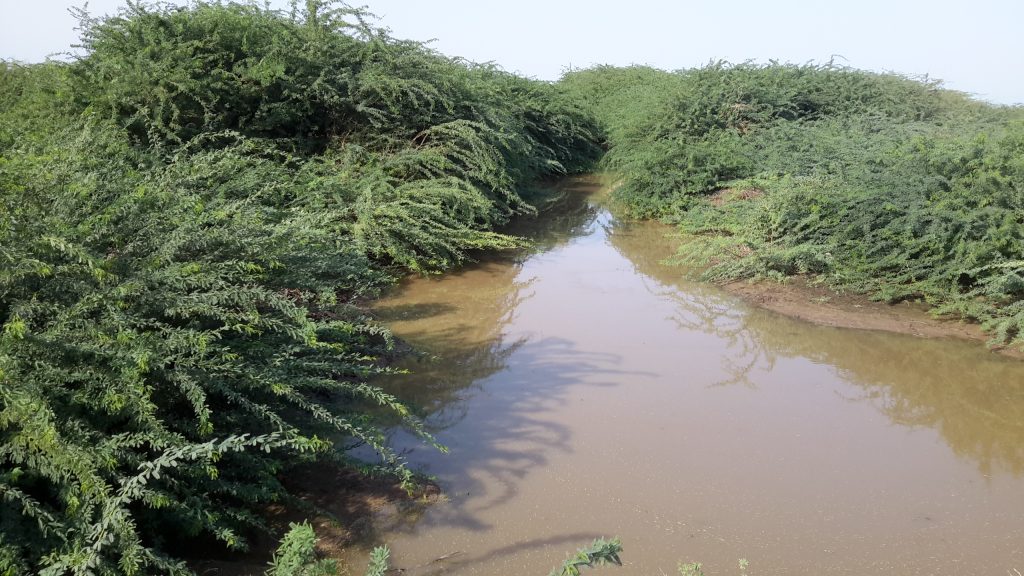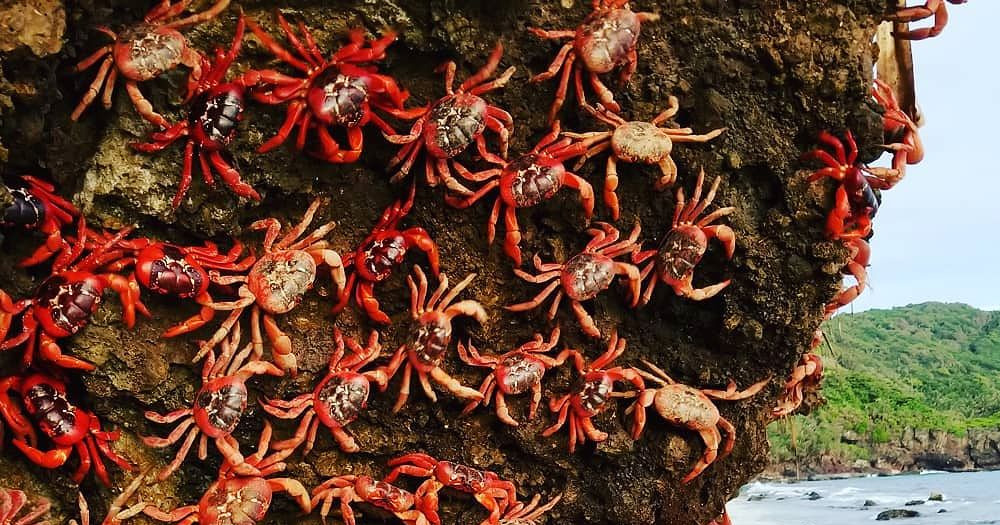New pest risk analysis decision support tool in development from CABI
A Pest Risk Analysis (PRA) allows National Plant Protection Organisations (NPPOs) to assess risks posed by pests or pathways of quarantine concern, and identify options to manage those risks. Recognising that there was a need for support in the completion of PRAs, CABI, under its Action on Invasives programme, has designed and is developing an…
Two heads may be better than one: using multiple methods in the fight against Tuta absoluta
Tuta absoluta is a major invasive pest that causes devastating crop damage worldwide. Insecticides are heavily relied upon to help curb their numbers, but because of problems with increased insecticide resistance and the environmental impacts of insecticides, scientists are trying to find new ways of fighting this pest.
Asia on alert as highly destructive fall armyworm spreads
By Trudy Harris. Originally published on SciDev.Net. Farmers and authorities throughout Asia need to be vigilant against fall armyworm invasions, after confirmation that the fast-moving pest has spread from India to China and now to South-East Asia, agricultural experts say.
Alien species are the main cause of recent global extinctions
Whilst many introduced alien species have little effect on the ecosystems in which they exist, others can have devastating impacts on biodiversity, causing extinctions at local and global scales. However, some scientists argue that the impact of alien species has been exaggerated, and suggest that native species are just as likely to cause extinctions. Researchers…
Fall Armyworm attack: ‘Eastern India more vulnerable to infestation’
Originally published on DownToEarth Warmer temperatures increase the metabolism and reproductive rates of the pest Fall Armyworm was first reported in July 2018 in Karnataka. Ever since, it has spread to its neighbouring states. Reports are now coming from West Bengal and Bihar as well. The initial damages are widespread as the pest is a…
CABI announces major commitments in fight against invasive species
Coinciding with its regional consultation with member states in Africa, CABI hosted a policy summit on invasive species in Gaborone, Botswana on 28 February. About 70 delegates representing policymakers, research, the private sector and civil society from across Africa gathered to learn about and discuss the impact of invasives as well as the technical and…
CABI shares expertise on rubber tree blight in major new Amazon documentary series
CABI is today sharing its expertise on the devastating rubber tree blight disease – that could severely impact upon the world’s rubber production for essential items including tyres, shoes and the seals on a multitude of household and industrial items– as part of a major new Amazon documentary series now streaming.
CABI helps map ferocious speed and likely cause of woody weed spread across Ethiopia
CABI scientists have helped map the ferocious speed and probable cause of a devastating spread of the invasive alien tree Prosopis juliflora (Swartz DC) across an area equivalent to half of neighbouring Djibouti in the Afar Region of north eastern Ethiopia. Dr Urs Schaffner, who is supervising lead author Hailu Shiferaw for his PhD studies,…
How a wasp might save the Christmas Island red crab
By Stephanie Dittrich. Reblogged from Island Conservation. Invasive crazy ants threaten Christmas Island Red Crab populations, but a certain species of wasp might be able to help. Christmas Island, a remote Australian territory in the Indian Ocean, is known for an abundance of Red Crabs, a species once recorded in numbers nearing 44 million. The Red…

